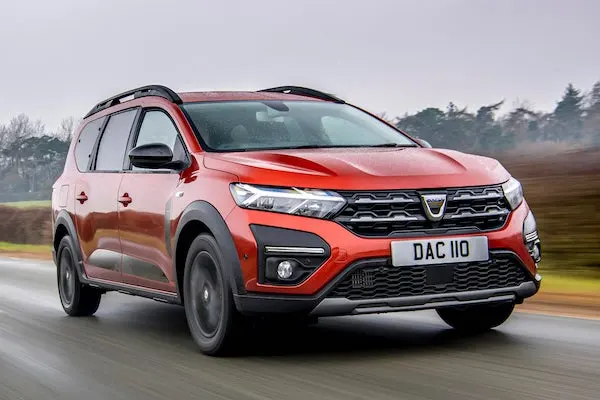There were 20 992 new passenger car registrations in Bulgaria in January – July 2023, an increase of 20.8 per cent compared with January – July 2022, according to figures released on August 30 by ACEA, the European Automobile Manufacturers Association.
Of the new passenger car registrations in Bulgaria in the first seven months of 2023, a total of 14 995 were petrol cars, 4451 diesel, 1039 battery-electric, 371 hybrid-electric, 154 plug-in hybrid, and 22 “other” – including fuel cell electric vehicles, natural gas vehicles, LPG, E85/ethanol, and other fuels.
In July 2023, the number of new passenger car registrations in Bulgaria was 3370, an increase of 19 per cent compared with the figure for July 2022, according to ACEA.
ACEA said that in July 2023, the EU car market continued its growth trajectory, expanding by 15.2 per cent – the 12 consecutive month of growth.
New car registrations in the EU reached 851 156 units as the bloc recovers from last year’s component shortages, the association said.
Most markets posted solid growth, including the four largest: France (19.9 per cent), Germany (18.1 per cent), Spain (10.7 per cent) and Italy (8.7 per cent).
From January to July 2023, new EU car registrations grew significantly (17.6 per cent), totalling 6.3 million units.
Despite indications of the European automotive industry’s recovery from pandemic-related supply disruptions, year-to-date volumes are still 22 per cent lower than in 2019, ACEA said.
There were double-digit percentage gains in most markets during this seven-month period, including the four largest: Spain (21.9 per cent), Italy (20.9 per cent), France (15.8 per cent), and Germany (13.6 per cent).
In July, the market share of battery-electric cars in the EU rose to 13.6 per cent (up from 9.8 per cent the same month last year).
Hybrid-electric cars maintained their position as the second choice among new car buyers, capturing over a quarter of the market. However, internal combustion engine (ICE) cars, including petrol and diesel models, retained a combined market share of half of new car sales.
In July, new EU battery-electric car registrations substantially increased by 60.6 per cent, reaching 115 971 units while accounting for 13.6 per cent of the market. Most EU markets grew significantly by double- and triple-digit percentage gains, including the two largest, Germany (68.9 per cent) and France (32.4 per cent).
Notably, Belgium recorded the highest sales with an impressive 235.9 per cent growth.
Cumulatively, battery-electric car sales recorded a significant 54.7 per cent increase from January to July, with 819 725 units registered.
New hybrid-electric car registrations surged by 31.6 per cent in July, primarily fuelled by solid growth in the region’s largest markets: Germany (46.6 per cent), France (32.8 per cent), Spain (30.8 per cent), and Italy (16.7 per cent).
This led to a cumulative 28.5 per cent increase, with almost 1.6 million units sold between January and July, equivalent to one-quarter of the market share.
In July 2023, new EU plug-in hybrid car registrations increased by 14.5 per cent, reaching 67 060 units.
Strong performance in major markets like the Netherlands (107.6 per cent), France (80 per cent), and Spain (42.7 per cent) was offset by a decline in Germany (-39.5 per cent), the largest market for this fuel type. Despite this growth, the market share of plug-in hybrid cars remained stable at 7.9 per cent in July.
In July, the EU petrol car market grew by five per cent, reaching 304 903 units. However, market share decreased from 39.3 per cent to 35.8 per cent compared with July 2022. This growth was primarily driven by a solid performance in major markets, notably France (16.4 per cent) and Germany (12.5 per cent).
More than 2.3 million petrol cars were sold in the first seven months of 2023, a substantial 14.3 per cent increase compared with 2022.
On the other hand, the EU’s market for diesel cars continued to decline (-9.1 per cent in July) despite growth in Germany (2.7 per cent) and Central and Eastern European markets, particularly Slovakia (36.1 per cent) and Romania (19.8 per cent). Diesel cars now account for a market share of 14.1 per cent, down from 17.9 per cent in July last year, ACEA said.

